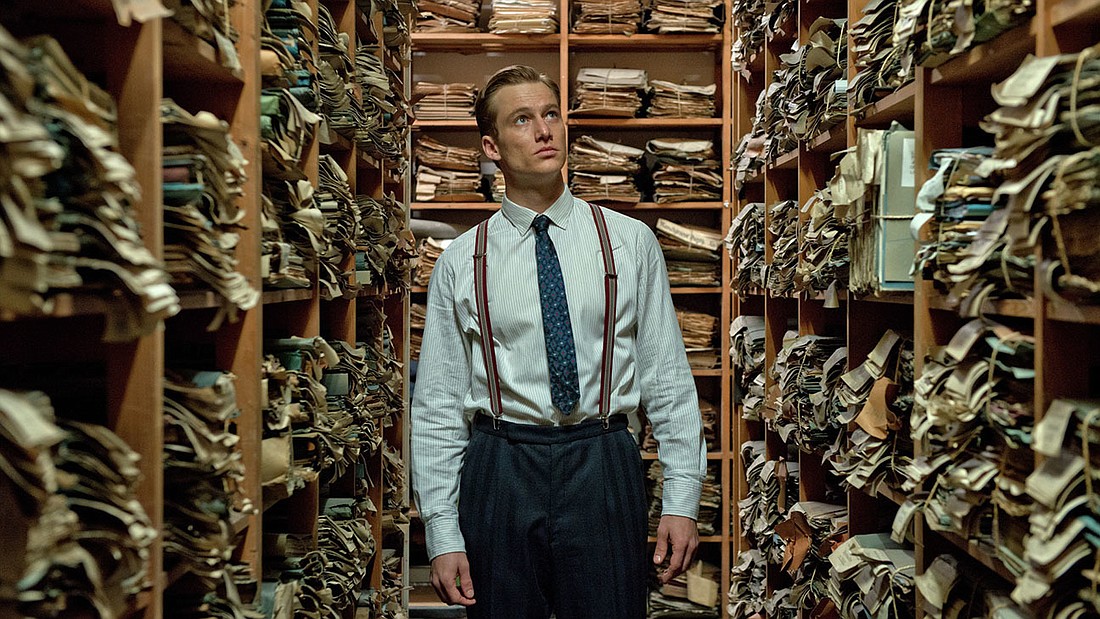- November 23, 2024
-
-
Loading

Loading

"Labyrinth of Lies," is a powerful true story set in post-war Germany. The year is 1958 and, incredibly, many Germans had never heard of Auschwitz. But a recently appointed young, new prosecutor in Frankfurt is about to set the record straight, at any cost.
Public Prosecutor Johann Radmann (Alexander Fehling) has overheard a conversation in the courthouse. It seems a journalist, Thomas Gnielka (Andre Szymanski), has a friend who recognized a former Auschwitz guard who is now teaching at an elementary school. Radmann is stunned when no one is interested in prosecuting him. He soon finds out that thousands of Nazis are leading normal lives, because Germans want to put the war behind them and move on.
Radmann mounts a crusade, along with the attorney general, Fritz Bauer (Gert Voss) and two other young prosecutors to bring the murderers to trial. But most Germans, who prefer not opening old wounds, make his arduous journey nearly impossible. Radmann also becomes so obsessed with locating Dr. Josef Mengele that he almost loses sight of the big picture. In the end, his team prevails, the Frankfurt Trials ensue and Germany is forever changed.
Director Giulio Ricciarelli was utterly amazed to discover that many Germans in the 1950s knew nothing about "mankind's biggest atrocity." But rather than present a history lesson, he chose to create an emotional cinematic experience. He also wanted the world to know that although 150 Nazis were convicted at Nuremberg, the Germans themselves needed to clean house. He has crafted a deeply disturbing film without having to resort to graphic images. Instead, his camera focuses on the faces of victims and perpetrators during interviews, which convey the profound horror.
Johann Radmann and his heroic colleagues tried to build a case against 8,000 people who "worked" at Auschwitz. These were ordinary people who willingly committed heinous acts. But as the film points out, "It wasn't about the punishment; it was about the victims."
And 22 were convicted.